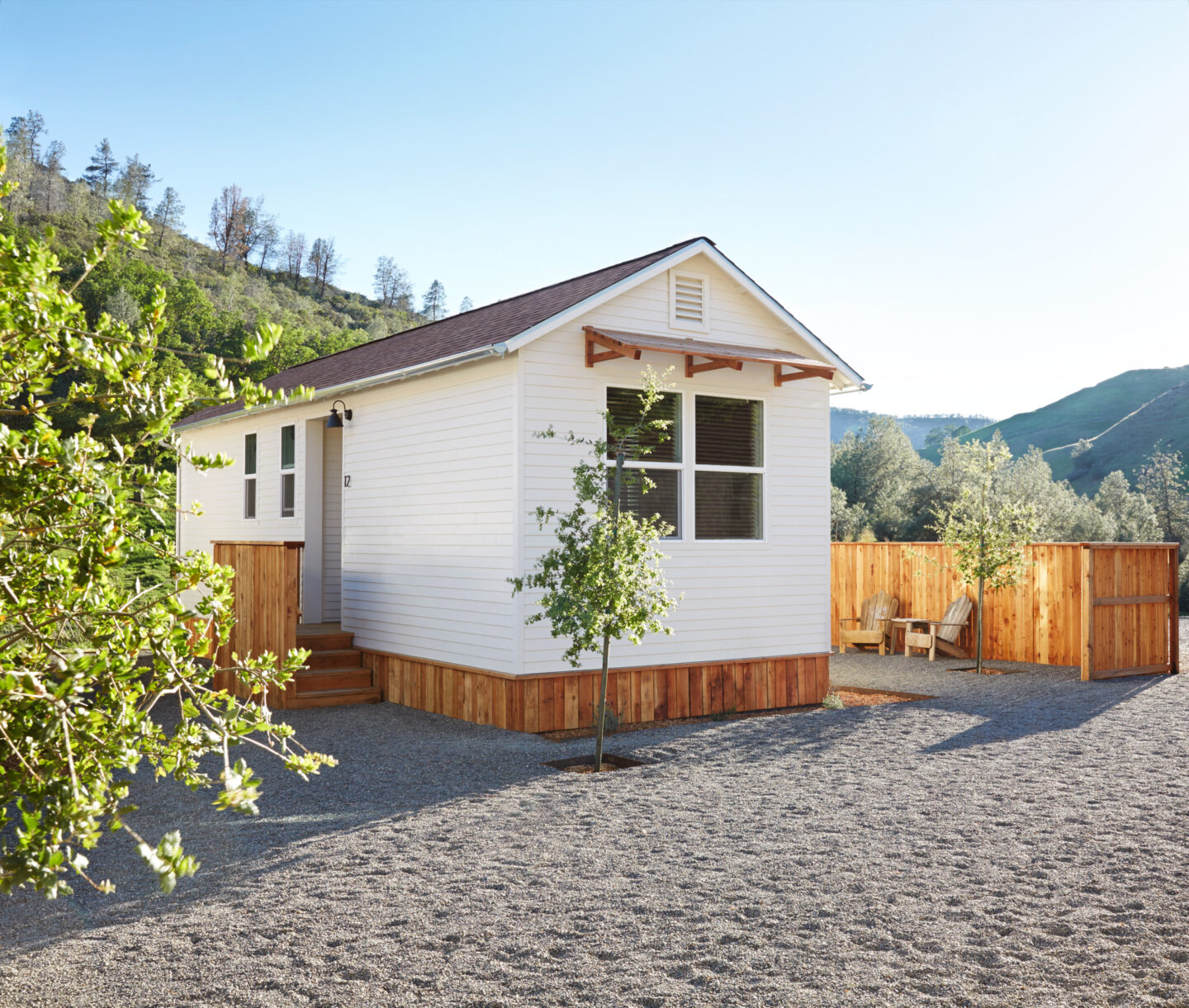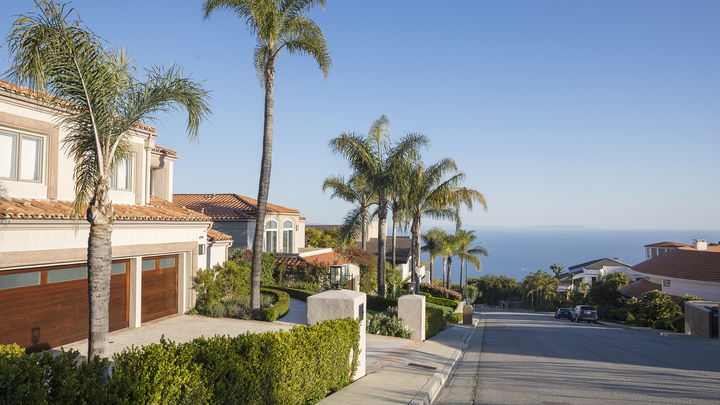Buying a Vacation Home Takes a Little Work

Written by Meredith Arthur on August 10, 2016
Vacationing is a bit like a summer fling — exciting, romantic, not forever. But owning a vacation home is more like having a good partnership — comfortable, low-maintenance and solid enough to last a long time. How can you know if a prospective vacation home is 'the one?' Ask yourself these questions:
How far do I want to travel?
If making a fast getaway is important, confine your search to areas you can reach quickly and affordably. (On average, vacation properties are about 180 miles from the buyer’s primary residence.)
And think about what kind of traveler you are: Do you think the journey is the destination? Or are you an are-we-there-yet traveler who just wants the fun to begin?
How often will I use the place?
Every weekend? Once a month? In July, when you have the kids? The more you use the home, the more comfortable it should be. If you plan to spend summers at the place, you may want air conditioning or a waterfront location; if you envision frequent ski weekends, make sure there's insulation and good windows.
You may think roughing it with no dishwasher or air conditioning is a good time. But no-frills choices may someday bite you in the behind when you try to sell your 'rustic cabin.'
Can I afford it?
If you’re like most people, money is an object. So as with any big purchase, establish your price range and stick with it. Working with a real estate agent who knows your destination area will help to guide you through the process.
If you’re taking a mortgage on your Shangri-La, most banks typically insist on 20 percent down; lenders also want to see that new debt added to your old debt doesn’t exceed 36 percent of your income. Some lenders might stretch that debt-to-income ratio a bit, but only for their most credit-worthy customers.
Monthly costs on a vacation property are basically the same as any home: taxes, utilities, insurance and maintenance. Some will have additional resort fees and homeowner association dues. So while a property may speak to your soul, make sure it fits your budget.
Will I rent it out?
If you plan to rent your vacation place when you're not using it, look for a property in a location other vacationers value, too. Properties near ski mountains and golf courses have seasonal appeal that commands high rents for part of the year, while spa and waterfront properties often have year-round appeal. Does the place work for family gatherings or is it a cozy hideaway for two? The size and location will largely determine how much you can charge.
Here’s the 50,000-foot view of renting out vacation properties.
Pros:
• Rental incomes helps you cover the cost of your guilty pleasure.
• Renting a vacation home for more than 14 days a year creates a tax shelter that allows you to depreciate the property and deduct some expenses.
• Renting a vacation home you’re planning to sell can help you weather a hostile market.
Cons:
• Your carefree days as a vacationer give way to the responsibilities of an innkeeper who deals with reservations and demands of guests.
• You’ll need to clean (or hire cleaners) after guests leave.
• Tax regulations are complicated, and the more you actually use your vacation home, the less of a tax shelter it becomes. Getting advice from an account may save you a lot of headaches.
Tags
A local agent can help you stay competitive on a budget.
They’ll help you get an edge without stretching your finances.
Talk with a local agent


